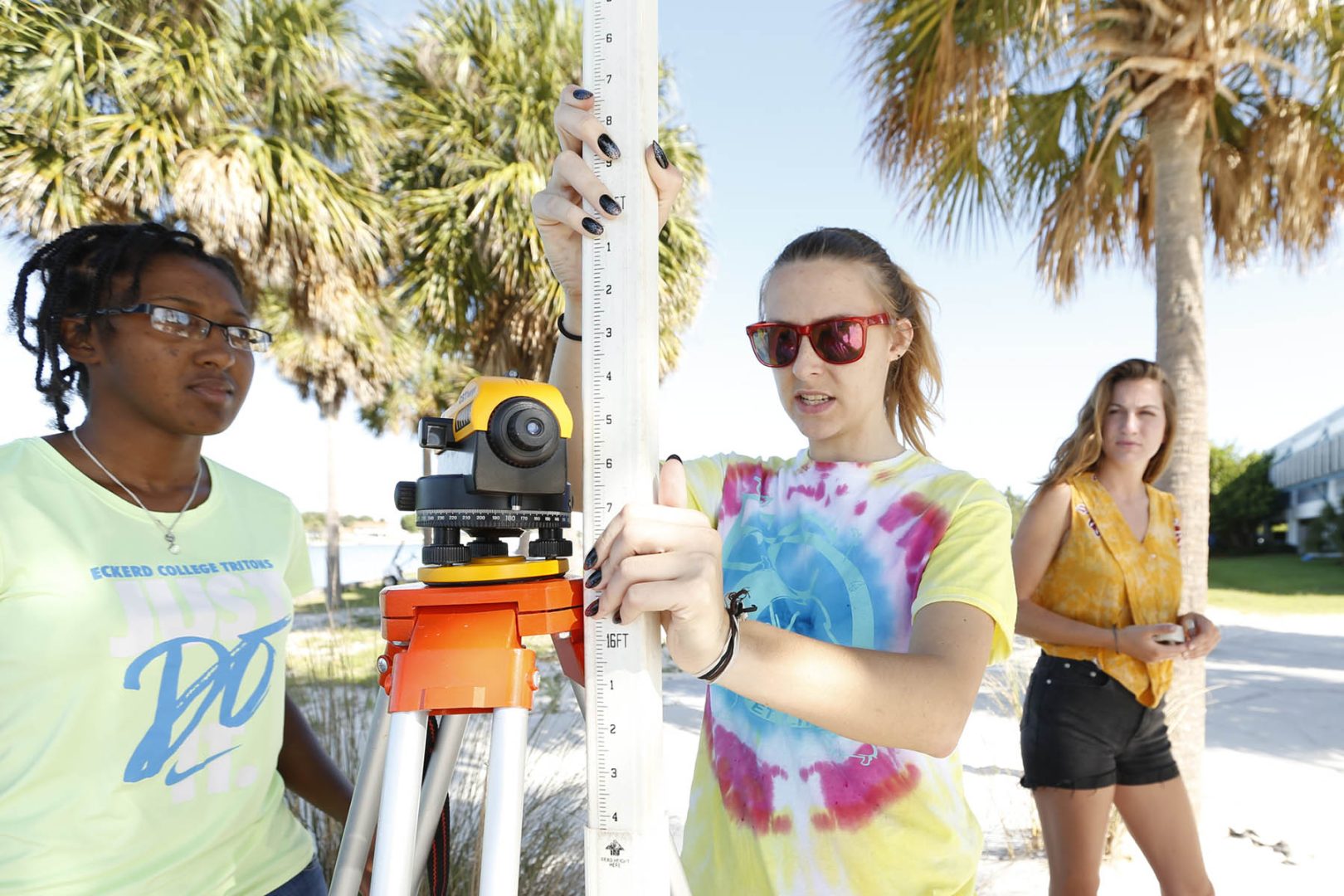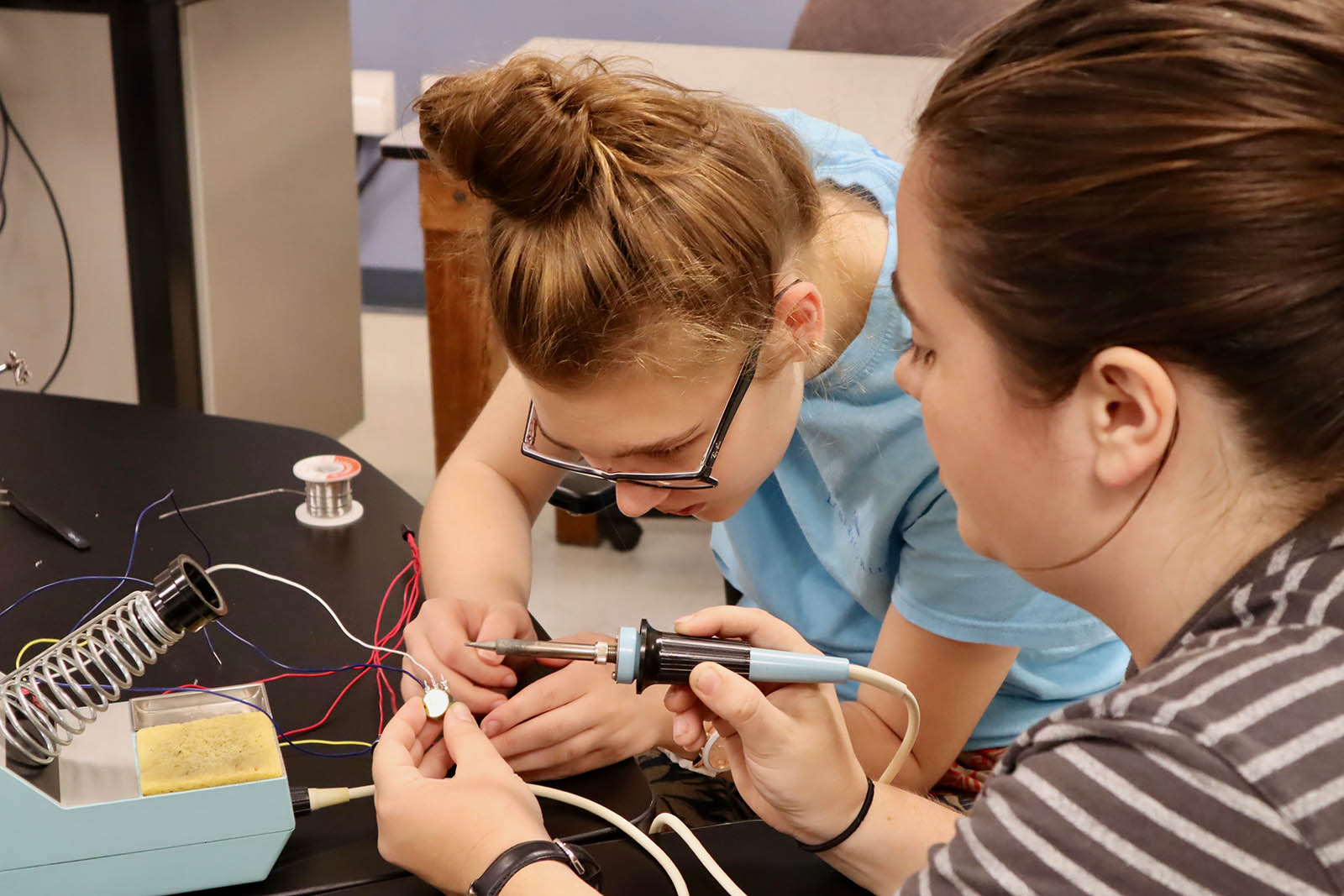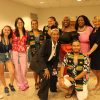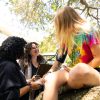Women in physical and mathematical sciences at Eckerd College will have more opportunities to complete research and grow their careers thanks to a three-year, $226,800 grant from the Clare Boothe Luce Program of the Henry Luce Foundation.
Four female science faculty—Physics Professor Anne Cox, Ph.D.; Computer Science Professor Kelly Debure, Ph.D.; Assistant Mathematics Professor Erin Griesenauer, Ph.D.; and Marine Science and Geosciences Professor Laura Wetzel, Ph.D.—led the application process and will serve as faculty directors.
“The funding will help women in the physical and mathematical sciences get involved in research earlier in their college career,” Cox explains. “There are always more students to support than funding allows for, and so priority goes to rising seniors—particularly those who have not yet had the opportunity to have a summer research experience. With additional funding, these women should be able to join research groups as rising juniors or sophomores.”
Funds will be used to establish a Clare Boothe Luce (CBL) Undergraduate Research Scholars Program to support women specifically in physics, chemistry, geosciences, computer science and mathematics. Eight female students a year (a total of 24 over three years) will take part in a campus summer research program that includes a professional development seminar, science symposia, and community outreach events. Scholars will work with faculty on research and then prepare those projects to be presented at professional meetings. They also will work with elementary and middle school students at a science camp in the summer and the St. Pete Science Festival during the spring semester, thereby inspiring the next generation of women scientists.
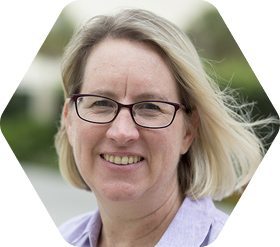
Professor of Physics Anne Cox helped to create the new scholarship program to support women at Eckerd.
Cox says that inspiration is sorely needed.
“My father is a physicist, so I thought physics was a normal career,” Cox recalls. “It wasn’t until I arrived at college as the only woman in my classes that I realized that women were underrepresented in the field. Currently in physics, only 20% of Ph.D. graduates in the U.S. are women.”
The Clare Boothe Luce Program, founded with a bequest from its namesake, provides support to women in STEM fields in which they are underrepresented, making the Henry Luce Foundation the nation’s single largest private source of funding in higher education for women in science, mathematics and engineering. More than $217 million in grants to 204 colleges and universities has supported 2,955 women in STEM since 1989.
Debure says the funding provides resources to attract young women who might not be interested in math-intensive sciences to change their majors—just like she did after taking a computer science course in college.
“Hopefully the scholarship opportunity will motivate some young women to consider a major they might not have otherwise considered,” Debure says. “The summer research opportunity will help prepare them to succeed in either graduate school or in the workplace.”
Debure adds that the cohort of summer researchers will also create a community that will act as a network and support system for young women entering these currently male-dominated fields.
“The life sciences have, by and large, successfully increased the proportion of women in STEM to 50% (or more) of the bachelor’s degrees in the field. The physical and mathematical sciences continue to lag behind,” Cox explains. “There are cultural issues—just think about who the physicists are [as] portrayed in popular culture like in The Big Bang Theory. There are resource issues that are often tied to the cultural issues, and there are issues associated with mathematics identity, in particular. The physical and mathematical sciences employ a good deal of mathematics, and there continues to be a gendered difference around how students feel about mathematics.”
With this boost from the grant, the team of women scientists at Eckerd will have another avenue to create community and grow its ranks.
“The best part of working on this grant was connecting with colleagues and exploring ways we might be able to make a difference for women in STEM at Eckerd,” Cox says. “It is something we are all passionate about, and it is exciting that we will have this great opportunity for our students.”

